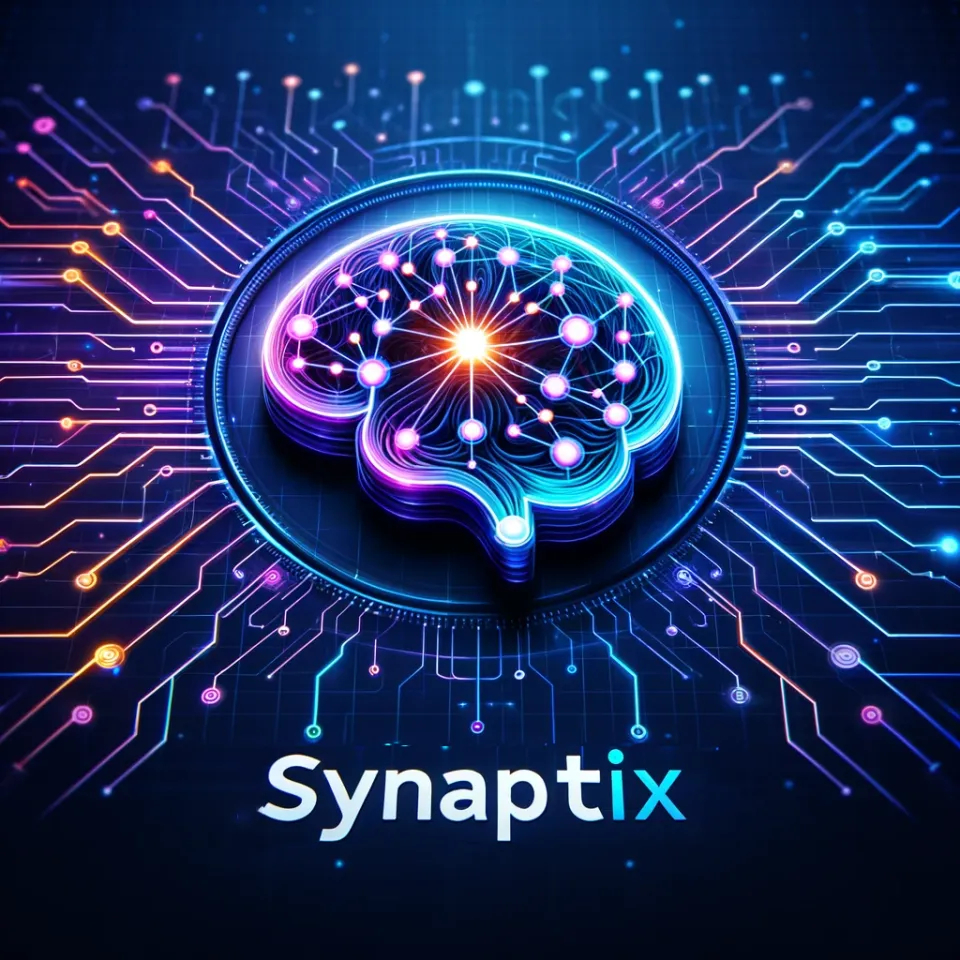Google Launches Expanded Vulnerability Rewards Program to Address AI Security Challenges

Introduction:
Google has taken another step in prioritizing the safety and security of its artificial intelligence (AI) systems by expanding its Vulnerability Rewards Program (VRP). With the inclusion of attack scenarios specific to generative AI, Google aims to incentivize researchers to uncover potential security flaws and enhance AI safety. This article explores the rationale behind the expansion of the VRP and the role of Google’s AI Red Team in addressing AI security challenges.
1. Recognizing the Importance of AI Safety and Security:
Google understands the critical importance of ensuring the safety and security of AI technologies. As AI becomes increasingly pervasive, it is crucial to address potential vulnerabilities that could be exploited for malicious purposes.
2. Expanding the VRP to Include Generative AI:
Generative AI systems, such as ChatGPT and Google Bard, introduce unique security challenges that require specialized attention. The inclusion of attack scenarios specific to generative AI in the VRP demonstrates Google’s commitment to staying ahead of emerging threats.
3. Rethinking Bug Categorization and Reporting:
To effectively address security concerns in generative AI, Google has decided to rethink how bugs are categorized and reported. By leveraging insights from its newly formed AI Red Team, comprising skilled hackers simulating various adversaries, the company aims to identify and rectify vulnerabilities in its AI systems.
4. AI Red Team: Simulating Real-World Threats:
The AI Red Team plays a pivotal role in identifying potential threats to generative AI technologies. Emulating nation-states, government-backed groups, hacktivists, and malicious insiders, this skilled group of ethical hackers conducts extensive exercises to uncover security weaknesses and enhance the overall security of Google’s AI systems.
5. Incentivizing Research: Ethical Hacking for Generative AI Safety:
Google’s VRP offers monetary rewards to ethical hackers who discover security flaws in its AI systems. By expanding the program to include generative AI, Google aims to encourage researchers to delve into the security challenges unique to this domain, ultimately driving innovation and ensuring AI safety across the industry.
6. Addressing Unfair Bias and Model Manipulation:
The inclusion of attack scenarios specific to generative AI reflects Google’s commitment to addressing potential issues, such as unfair bias or model manipulation in AI systems. By proactively identifying and mitigating these risks, Google aims to uphold the ethical use of AI technology.
7. Collaborative Security Efforts: Lessons for the Industry:
As Google expands its VRP to address generative AI security, it sets an example for the industry to prioritize the safety and security of AI systems. By incentivizing ethical hacking and fostering collaboration, all stakeholders can work together to build robust and secure AI technologies.
Conclusion:
Google’s decision to expand its VRP to encompass generative AI is a commendable step towards enhancing the safety and security of AI systems. By incentivizing research and collaboration, Google aims to proactively identify and address vulnerabilities, making AI safer for everyone. This expansion serves as a valuable lesson for the industry, emphasizing the importance of prioritizing AI safety and security as AI technologies continue to shape our future.




